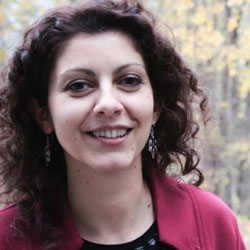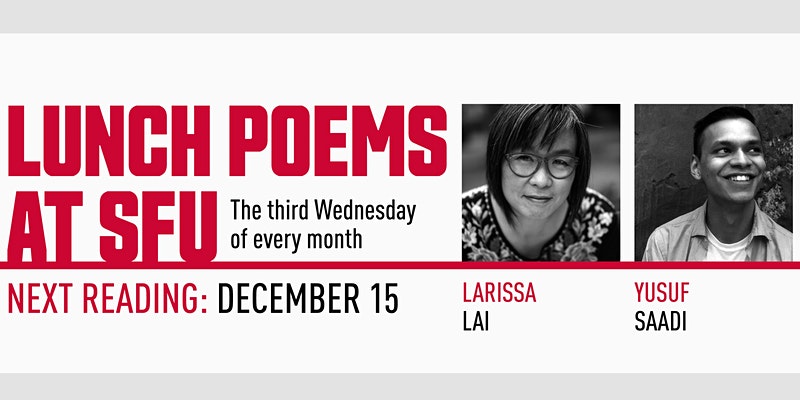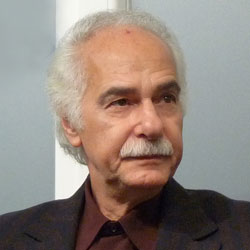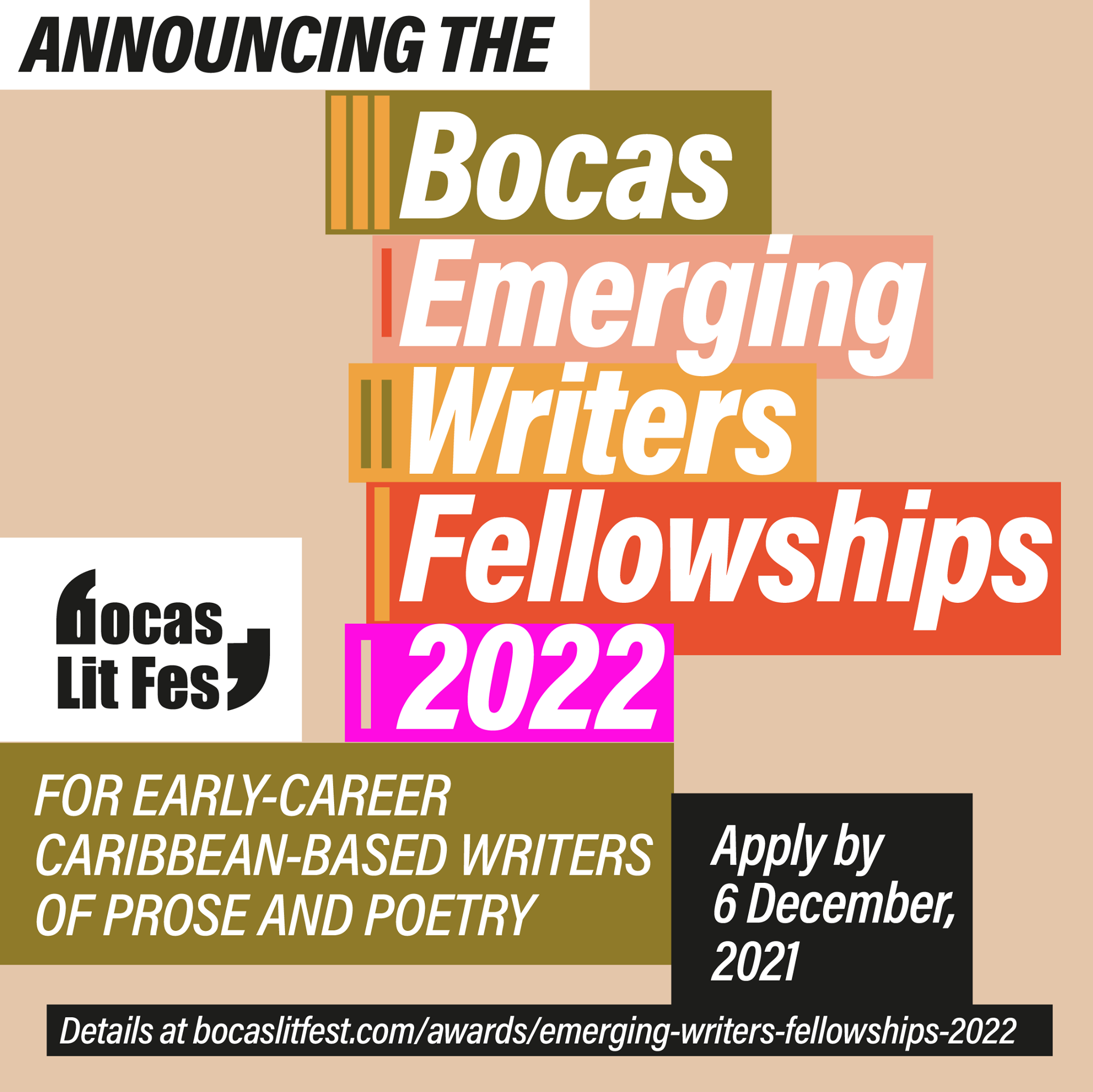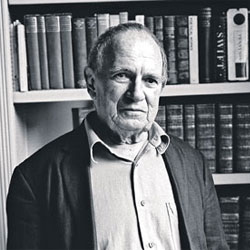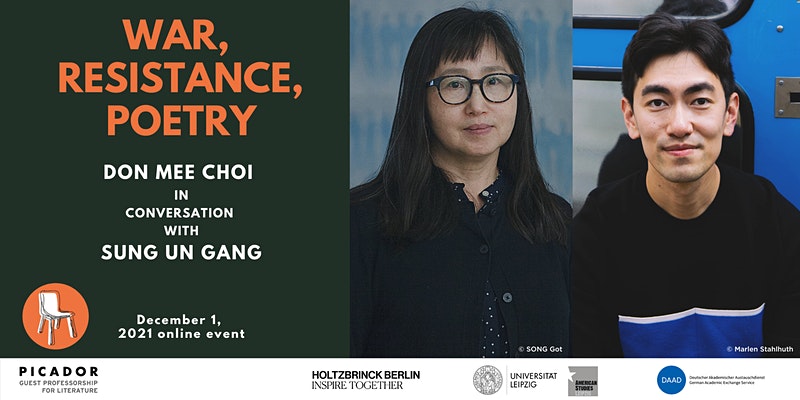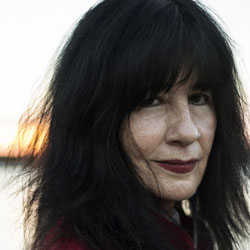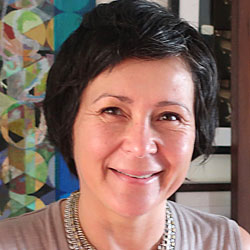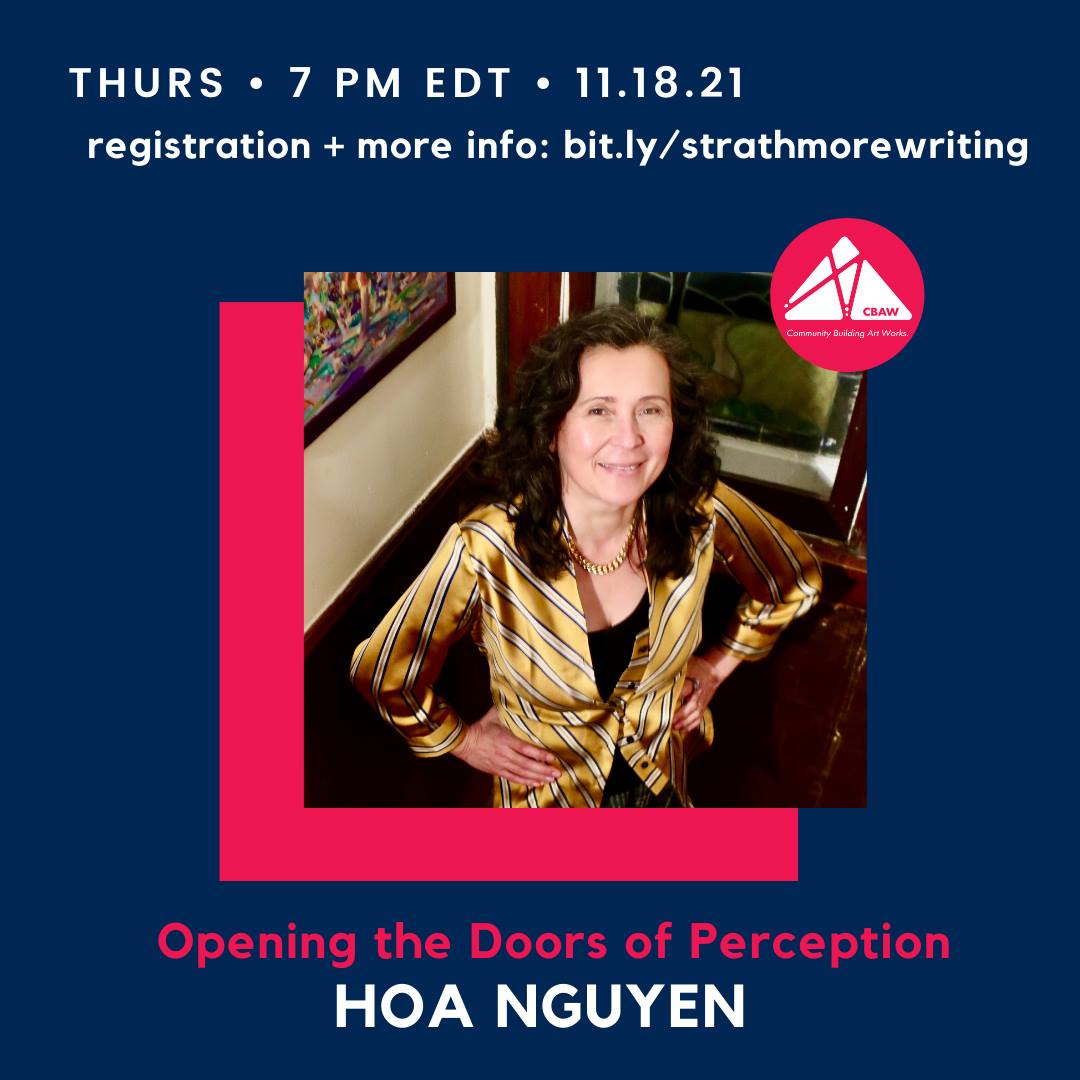After the celebrations,
people, TV channels, telephones,
the year’s recently corrected digit
finally fall asleep.
Between the final night and the first dawn
a jagged piece of sky
as if viewed from the open mouth of a whale.
Inside her belly and inside the belly of time,
there’s no point worrying.
You glide gently along. She knows her course.
Inside her, you are digested slowly, painlessly.
And if you’re lucky, like Jonah,
at some point she’ll spit you out on dry land
along with heaps of inorganic waste.
Everything sleeps. A sweet hypothermic sleep.
But those few still awake
might hear the melancholy creaking of a wheelbarrow,
someone stealing stones from a ruin
to build new walls just a few feet away.”
Notes on the Poem
Our Poem of the Week is from the 2019 Griffin Poetry Prize shortlisted collection, Negative Space by Ani Gjika, translated from the Albanian written by Luljeta Lleshanaku. Of the collection, the judges said, “With a lesser known original language, the more precious the gift of translation! Luljeta Lleshanaku’s Negative Space offers a rare glimpse into contemporary Albanian poetry. Effortlessly and with crisp precision, Ani Gjika, herself a poet, has rendered into English, not only the poems in Negative Space, but also the eerie ambience which resonates throughout the book, the deep sense of impermanence that is one of the many consequences of growing up under severe political oppression. ‘Negative space is always fertile.’ Opening trauma’s door, we’re met by a tender and intelligent voice with stories illuminating existence in a shared humanity, thus restoring dignity. In a world fractured by terror and violence, Lleshanaku’s poetry is infinitely exciting, soothing us, its citizens.” Listen to translator Ani Gjika and Luljeta Lleshanaku read from Negative Space here. The Griffin Poetry Prize is accepting submissions for our 2022 Prize until December 31st. It is one of few international prizes accepting literature in translation. Please follow this link to learn more about our submission guidelines.
